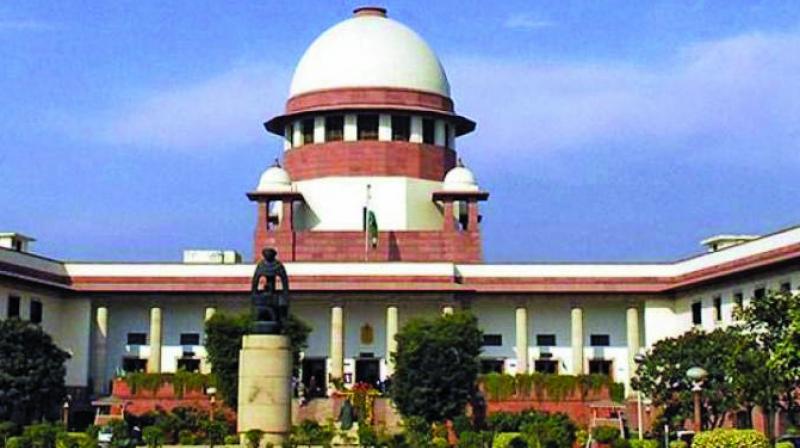Defaulting power firms get relief from Supreme Court

New Delhi: In a huge relief to loan defaulting power companies affected by insolvency proceedings, the Supreme Court on Tuesday struck down as unconstitutional the circular issued by the Reserve Bank of India on February 12, 2018 directing banks to initiate insolvency proceedings against companies having bad debts of Rs 2,000 crore or above.
The circular had directed banks to resolve debts over `2,000 crore within 180 days, failing which the loan defaulting companies would have to be taken to the National Company Law Tribunal for insolvency proceedings. The circular mandated that banks will have to disclose defaults even if the interest repayment is overdue by just one day, and will have to put a resolution plan in place within 180 days.
Quashing the circular on a batch of petitions filed by power companies, a Bench of Justices Rohinton Nariman and Vineet Saran held that a generic circular directing banks to take recourse to Insolvency and Bankruptcy Code was beyond the powers of Section 35AA of the Banking Regulation Act.
The court held that reference to IBC can be made only on a case-to-case basis and that there cannot be a blanket direction to that effect.
While declaring circular as ultra vires as a whole, the Bench said it to be of no effect in law.
Writing the judgment Justice Nariman said “the impugned circular nowhe-re says that the RBI has had due regard to the conditions in which and the objects for which such institutions have been est-ablished, their statutory responsibilities, and the effect the business of such financial institutions is likely to have on trends in the money and capital markets.”
Further, it is clear that the impugned circular applies to banking and non-banking institutions alike, as banking and non-banking institutions are often in a joint lenders’ forum, which jointly lend sums of money to debtors. Such non-banking financial institutions are, therefore, inseparable from banking institutions insofar as the application of the impugned circular is concerned. It is very difficult to segregate the non-banking financial institutions from banks so as to make the circular applicable to them. While declaring circular as ultra vires as a whole, the bench declared it to be of no effect in law. Conse-quently, all actions taken under the said circular, including actions by whic-h the Insolvency Code has been triggered must fall along with the said circular.

